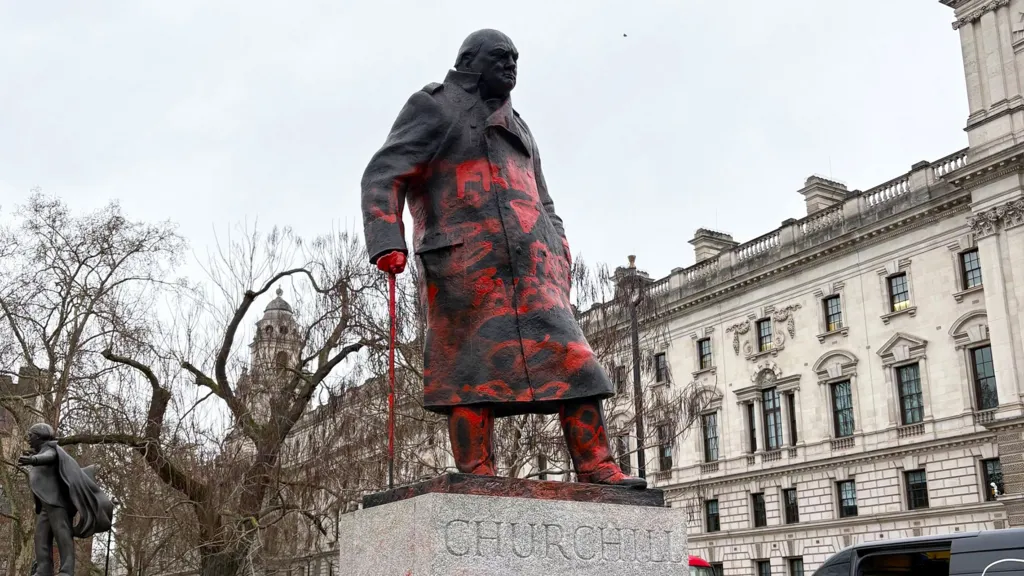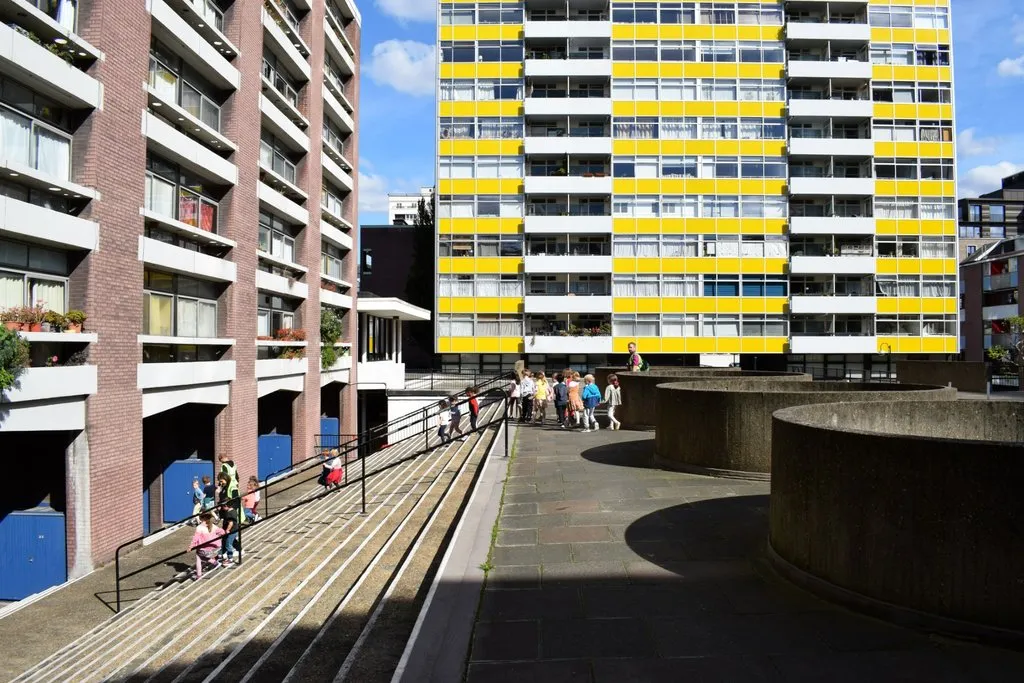
In a candid and sobering address, Prime Minister Sir Keir Starmer warns the British public that his new Labour government is set to deliver “a very painful budget” this October, as it grapples with what he describes as a £22 billion “black hole” in the nation’s finances left by the previous Conservative administration. Speaking to a group of voters and supporters in the Downing Street rose garden, Starmer laid bare the dire economic situation his government has inherited and hinted at further spending cuts and tax increases to come.
Starmer’s frank assessment comes as he claims to have uncovered an additional £5 billion of borrowing that the Office for Budget Responsibility (OBR) had not accounted for. “Things are worse than we ever imagined,” the Prime Minister admitted, emphasising that his government faces no choice but to take drastic measures to repair the damage.
At the heart of these tough decisions is a commitment to making those with “the broadest shoulders” bear the heavier burden. Keir Starmer warns of upcoming measures such as cracking down on non-domiciled taxpayers and strengthening the powers of the water regulator to impose fines on companies that pollute the UK’s rivers, lakes, and seas. He also defended his Chancellor, Rachel Reeves, for her controversial decision to means-test the winter fuel allowance for pensioners—a move that has drawn criticism from organisations like Age Concern, which fears it could leave many vulnerable elderly people at risk this winter.
The Prime Minister made it clear that while wealth creation remains a priority, the government must act decisively to address the economic and social challenges facing the country. “We have to fix the NHS, we have to fix our homes, our schools, and pensioners rely on them in the same way as everybody else does,” Starmer stated, underscoring the interconnected nature of the nation’s infrastructure and social services.
Starmer’s comments also come at a time of heightened social tension, following a summer marked by far-right riots that the Prime Minister believes have exposed deep-seated issues in Britain’s social fabric. He dismissed Conservative claims that the £22 billion black hole is a fabrication designed to justify tax hikes, pointing out that the OBR had been unaware of the shortfall in public accounts.
The setting of Starmer’s speech in the Downing Street rose garden was symbolic—a space previously associated with former Tory Prime Minister David Cameron and his coalition partner Nick Clegg, as well as the infamous lockdown parties during Boris Johnson’s tenure. Starmer used the venue to draw a stark contrast between his government’s approach and the alleged mismanagement of his predecessors, highlighting the need for “tough actions” to rebuild the country’s foundations.
While Starmer refused to be drawn on specific tax rises or spending cuts ahead of the October budget, he reiterated his commitment to the “triple lock for working people” and insisted that national insurance, VAT, and income tax would not be increased. However, he acknowledged that the challenges ahead would require difficult trade-offs and that the public would need to brace for short-term pain in pursuit of long-term gains.
In a pointed response to his critics, Starmer rejected accusations of dishonesty, particularly from Conservative leadership candidate Kemi Badenoch, who accused him of making undeliverable promises during the election campaign. Starmer’s focus, he stressed, is on growing the economy and ensuring that the necessary foundations are in place for the UK to thrive in the years to come.
As the government prepares to announce its budget on 30th October, all eyes will be on how Starmer and his team manage the balancing act between fiscal responsibility and protecting the most vulnerable members of society. One thing is clear: for Starmer, this is a moment to set the record straight and tackle the “rot” he believes has set in under years of Conservative rule.
For more information on UK economic policy, visit the Institute for Fiscal Studies website.









